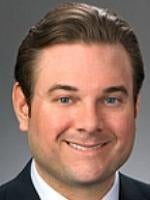In a recent bipartisan budget bill, civil monetary penalties for health care fraud were substantially increased. Last month The Bipartisan Budget Act of 2018 was enacted with the primary purpose of continuing to fund the federal government and extend the Children’s Health Insurance Program (CHIP). However, the legislation also had major effects on the healthcare industry, as it more than doubles the civil monetary penalty amounts and dramatically increases the Anti-Kickback criminal felony fine and term of imprisonment. The main changes are as follows:
- The civil monetary penalty for violating the Anti-Kickback Statute increases from $50,000 to $100,000 per violation;
- The civil monetary penalty for conduct that previously was punishable by up to $10,000 per violation (for example, knowingly filing an improper claim) is now punishable by up to $20,000 per violation;
- The maximum criminal penalty under the Anti-Kickback Statute increases from $25,000 to $100,000 per violation; and
- The maximum term of imprisonment under the Anti-Kickback Statute increases from five (5) years to ten (10) years.
These provisions underscore the federal government’s continued commitment to combat health care fraud and abuse. As fraud and abuse remains a top priority for federal agencies, health care providers can expect to see a more aggressive approach in dealing with such misconduct.





 />i
/>i


